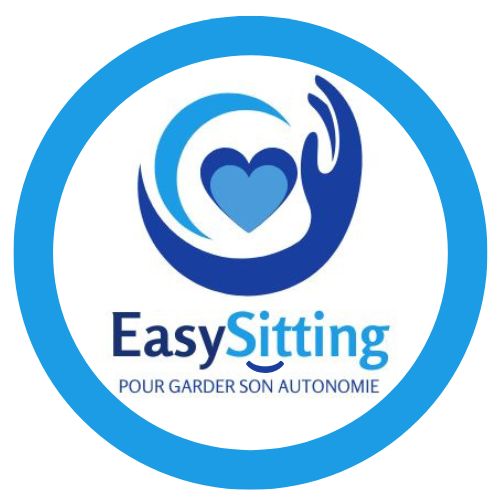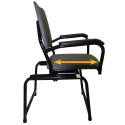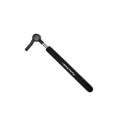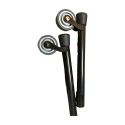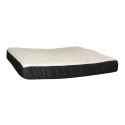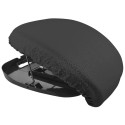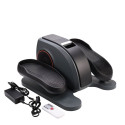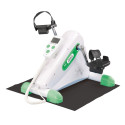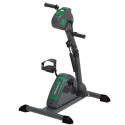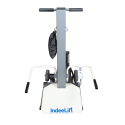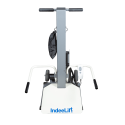5 signs that an elderly person needs help to sit or stand up
With age, some simple gestures can become real trials. Sit or stand up without support, get close to a table, keep straight during a meal: all these situations can alert on a table loss of functional autonomy.
Here are 5 revealing signs that it is time to act to accompany the person with suitable solutions such as: easy Sitting chair.
1 She hesitates or fears the moment to sit
A common sign is the fear visible when sitting. The person seeks support, turns round in front of the chair or asks for help. This reflects a loss of stability or an anguish of fall.
2 She clings to furniture to get up
To get up becomes difficult, if not impossible, without pulling on a table, a dresser or a close relative's arm. These movements are dangerous and exhausting. They report the need for secure support such as ergonomic armrests of Easy Sitting.
3 She stays back at lunchtime
If a person avoids coming to a table or stays standing in a corner, it's not necessarily a refusal to eat: it can translate a difficulty to settle alone, or to get closer to the table.
4 It slides or slips into a sitting position
Unbalanced posture or too remote position in the chair are signs that the seat is no longer suitable. One must think of a stable seat, enveloping, and easy to access.
5 She needs constant help to settle down
If the person asks a caregiver whenever they want to sit or stand up, it is time to put in place a solution that gives him more autonomy.and relief aiding the passage!
? Easy Sitting: the right solution
The Easy Sitting chair was designed to answer all these signs:
- ? Seat rotation to facilitate installation
- Sliding towards the table effortlessly
? In summary
These signs must not be ignored. They are often the first indicators of moderate loss of autonomy, which it is possible to compensate with technical aids like Easy Sitting.
? Do you see any of these signs in a loved one?
? Discover Easy Sitting at our shop
? Contact us to discuss it, we advise you kindly.
